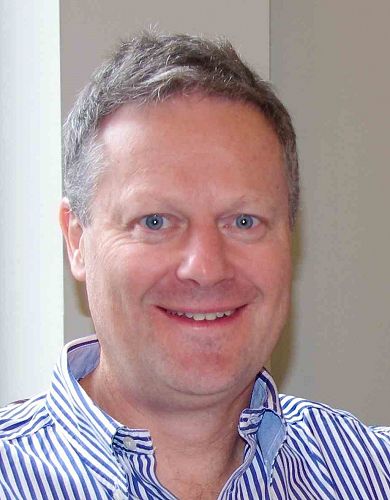
WHAT TYPE OF ORGANISATION WOULD WE CREATE IF WE HAD A CLEAN SHEET OF PAPER?
I often wonder what type of Rotary we would create if we started our organisation in 2023.
Article by PDG Stephen Lamont, Rotary Coordinator
It is important to note that Paul Harris was 37 when he founded Rotary – so what type of organisational model would a 37-year-old create today? To assist me in this thought process I asked family friends who are less than 37 years old this exact question.
The idea of service is alive and well, however not on a permanent basis. They did not want to hear guest speakers or be part of a club on a regular basis – but they do want to be part of an organisation that shares their values and provides service projects. An example of such an organisation, that was given, was being part of a gym. Importantly, they can access the gym when they want and where they want. Gyms now provide 24-hour swipe card access, and that availability is in multiple suburbs – as long as they subscribe to the gym membership. If the gym is part of a national group, it is available in multiple states. Their attendance is not determined or limited by anything other than when they wish to complete their gym session.
Interestingly, the idea of doing projects, is the major drawcard to being part of an organisation focused on putting back into the community. Would they then contribute to a project that aligned with an interest or provided them with an opportunity to learn or test new skills? Overwhelmingly, the answer was yes. In fact, many would be prepared to travel and give up a weekend or holidays, to be part of a project.
Putting these two lines of thought together, they wish to be part of an organisation that provides service projects but be able to assist when and where they want to attend. Would they then create a group where you would be a member of a Rotary Organisation rather than being a member of a Rotary club? The organisation would administer and create the projects – then ask the total membership from the organisation to be part of that project.
In one sense we can already provide this opportunity – but seldomly do. The basis of caused based clubs is to channel members with likeminded passions to work on projects meaningful to them. If we offered a list of these projects nationally – I am sure that we would have members potentially attend a project from all over the country and ultimately increase overall engagement. We should also do this in districts – create a list of projects that clubs are conducting and offer or ask for assistance from members district wide. We gather from around the district for events like district conferences and district assemblies – so why not projects?
I see the concept of projects as a key to engaging with a younger mindset. People are certainly more discerning on where they spend their time and money. We need to offer projects than excite and offer the opportunity to be part of – a model that we can achieve today with a few tweaks.
Gallery
